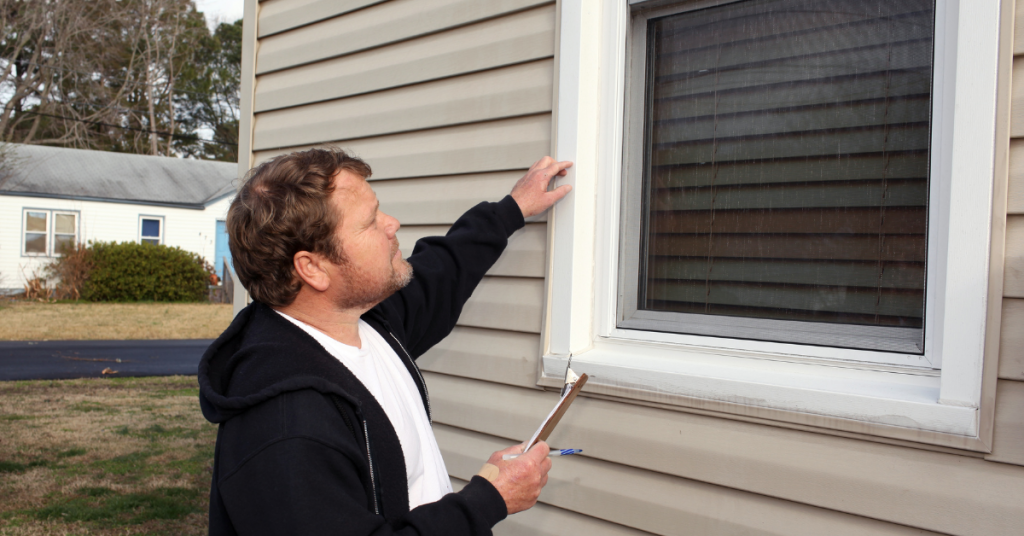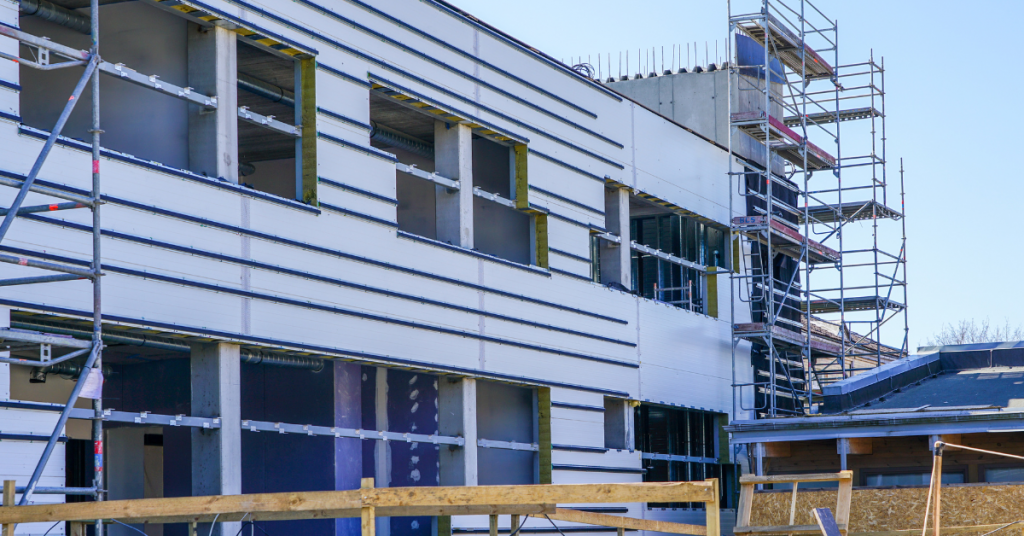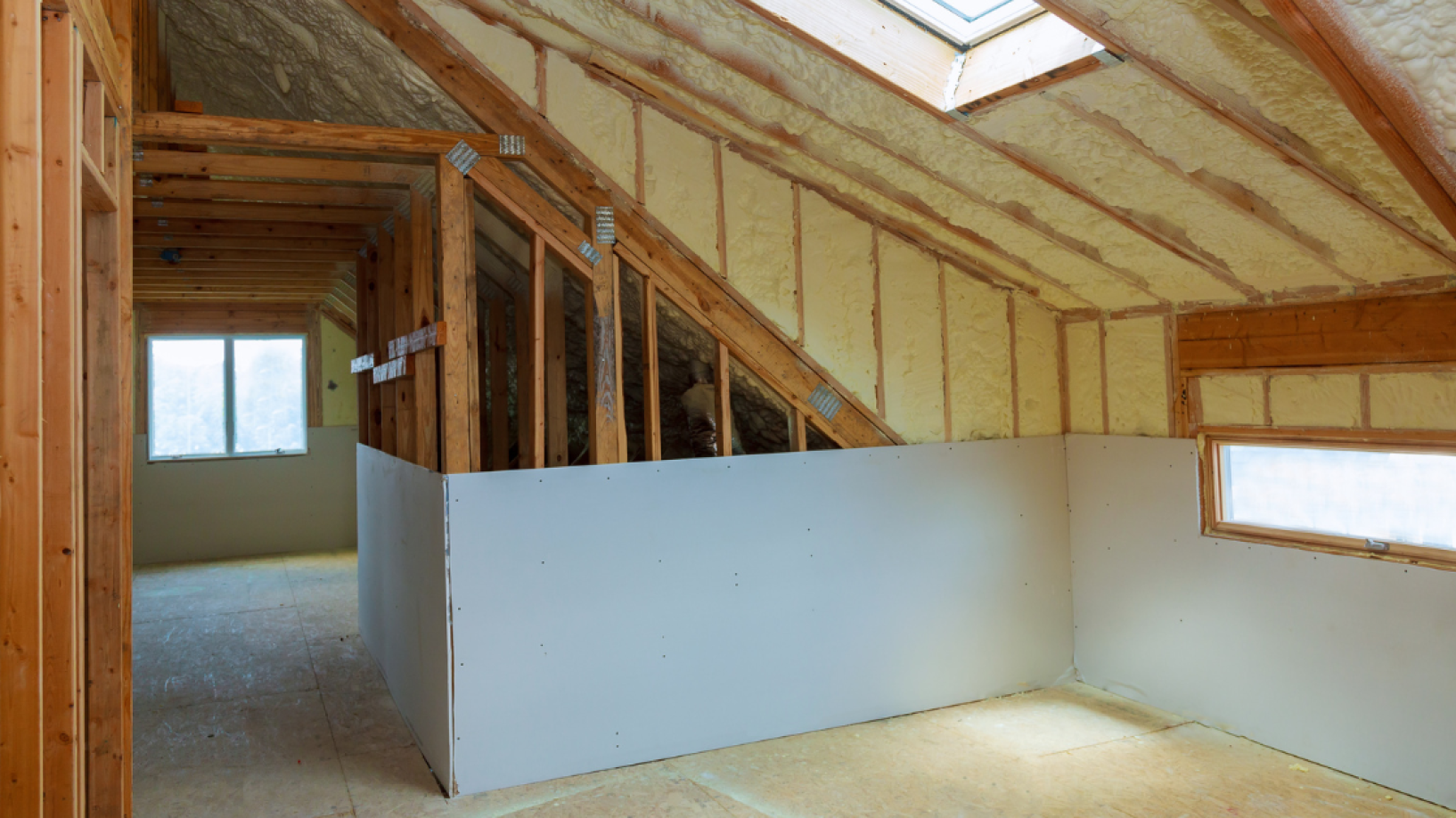The Problem
In the debate around safe, affordable, and energy-efficient housing, renters are doubly disadvantaged. Imagine living in a poorly insulated house that was too hot in summer and too cold in winter. Imagine the impact this will have on an individual with a pre-existing health condition, such as asthma, or a retired person. Now imagine they can do nothing about it, despite potentially having the time, motivation and money required to make improvements.
There are more than three million rental households across Australia. When these homes are not energy efficient, people are faced with a choice to ration their energy and be too cold or hot in their home, or to use more energy and pay higher bills. Renters on lower incomes pay proportionally more of their incomes on energy caused by a property’s inadequate energy performance.
The Challenge
Renters have limited ability to improve their situation. They can find a better energy deal, or try to use less energy, but they can’t replace major appliances, improve the building’s thermal efficiency, or put solar panels on the roof. They rely on the goodwill of landlords to help them pursue more efficient or healthy living conditions.
“Property owners are not required to take basic actions to ensure their rental properties make a healthy home,” said Joel Dignam, executive director of Better Renting. “Insecure and expensive accommodation can lead to anxiety and depression, and inefficient rental homes lead to a range of cardiovascular and respiratory diseases. This means that people who rent are more likely to get sick.”
In 2019, the COAG Energy Council agreed to establish a national framework for minimum energy efficiency requirements for rental properties, which outlines the settings for minimum rental standard schemes that can be adopted and implemented by jurisdictions. Work is underway to develop this framework, although not all state and territory governments have committed to acting and implementing standards in their own jurisdictions.

The Project
Better Renting has gathered wide community support for minimum rental standards, establishing the Healthy Homes For Renters coalition, a national network working together to bring about change.
Funded by Energy Consumers Australia’s Grants Program, with the aim of securing commitments from state and territory governments to implement minimum energy efficiency requirements for rental properties.
Better Renting recruited community organisations to the coalition, working with them to support their advocacy to decision-makers. Better Renting also created a website, messaging guide, and other resources. Members were encouraged to do their own outreach, including seeking meetings with other like-minded organisations, academics working in the space, government policy advisors and state and territory government ministers.
An important part of the strategy was to raise public awareness of the harm caused by inefficient rental properties, and so Better Renting worked to place stories in the media to bring attention to the cause.

The Impact
The project has delivered real value for consumers.
The Healthy Homes For Renters network has developed into a cohesive and motivated group. An open letter to ministers, signed by more than 75 organisations, including CHOICE, ACOSS, Brotherhood of St Laurence, People with Disability Australia, and the United Workers Union, was successful in generating media coverage and attracting wider attention to the cause. Better Renting’s efforts have brought on board new supporters and strengthened the political engagement. The network now has over 100 supporters and continues to grow and network members have since met with state and territory ministers or public servants in every jurisdiction except Queensland.
The ACT and Victorian governments are progressing their work in this area, with the ACT introducing new standards and Victoria adding to existing standards to mandate insulation, draught sealing and energy-efficient appliances.
“Our work has contributed to keeping this a live issue for these governments and pushing them to continue to make progress,” Mr Dignam said. “But there is more work to be done. We have yet to see some jurisdictions make public commitments in this area, but we remain hopeful. The National Framework for Minimum Rental Requirements will be finalized this year, which is a clear prompt for jurisdictions to get moving.”
“Thanks to Energy Consumer Australia’s grants program, we now have a richer understanding of the political landscape and have identified points of leverage where our continuing campaign can be most effective. We’ve been able to build a strong and unified collaboration, building capacity across multiple sectors to advocate on this issue.”
Lynne Gallagher, CEO of Energy Consumers Australia said: “This important work aligns with our priorities, that consumers have a fair transition to low energy homes. By increasing the uptake of energy efficiency, this project will support the millions of Australians living in rental accommodation to meet their energy needs at lower overall cost.”
If you would like to learn more about Better Renting’s advocacy work or like to get involved, please contact Better Renting at info@betterrenting.org.au

